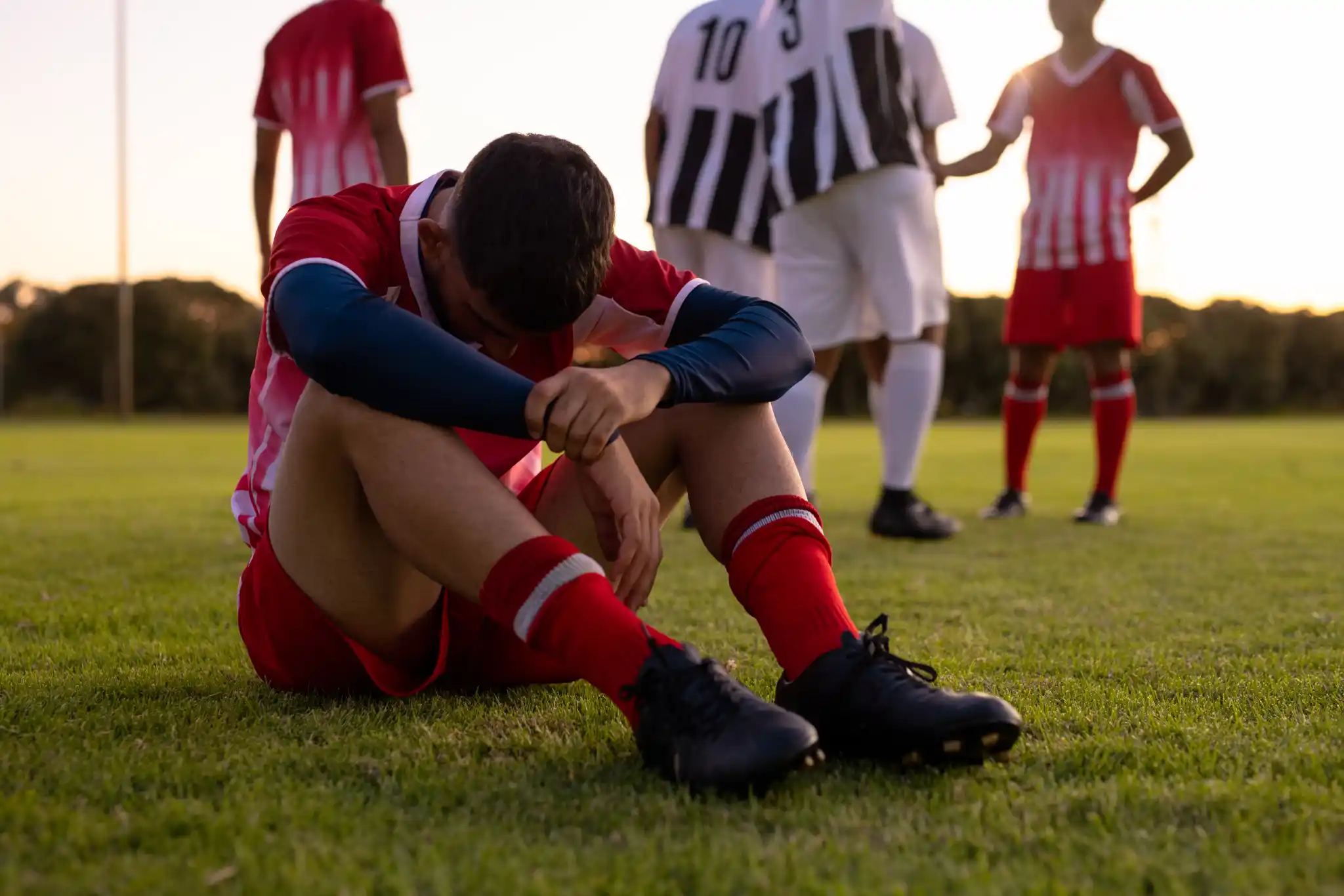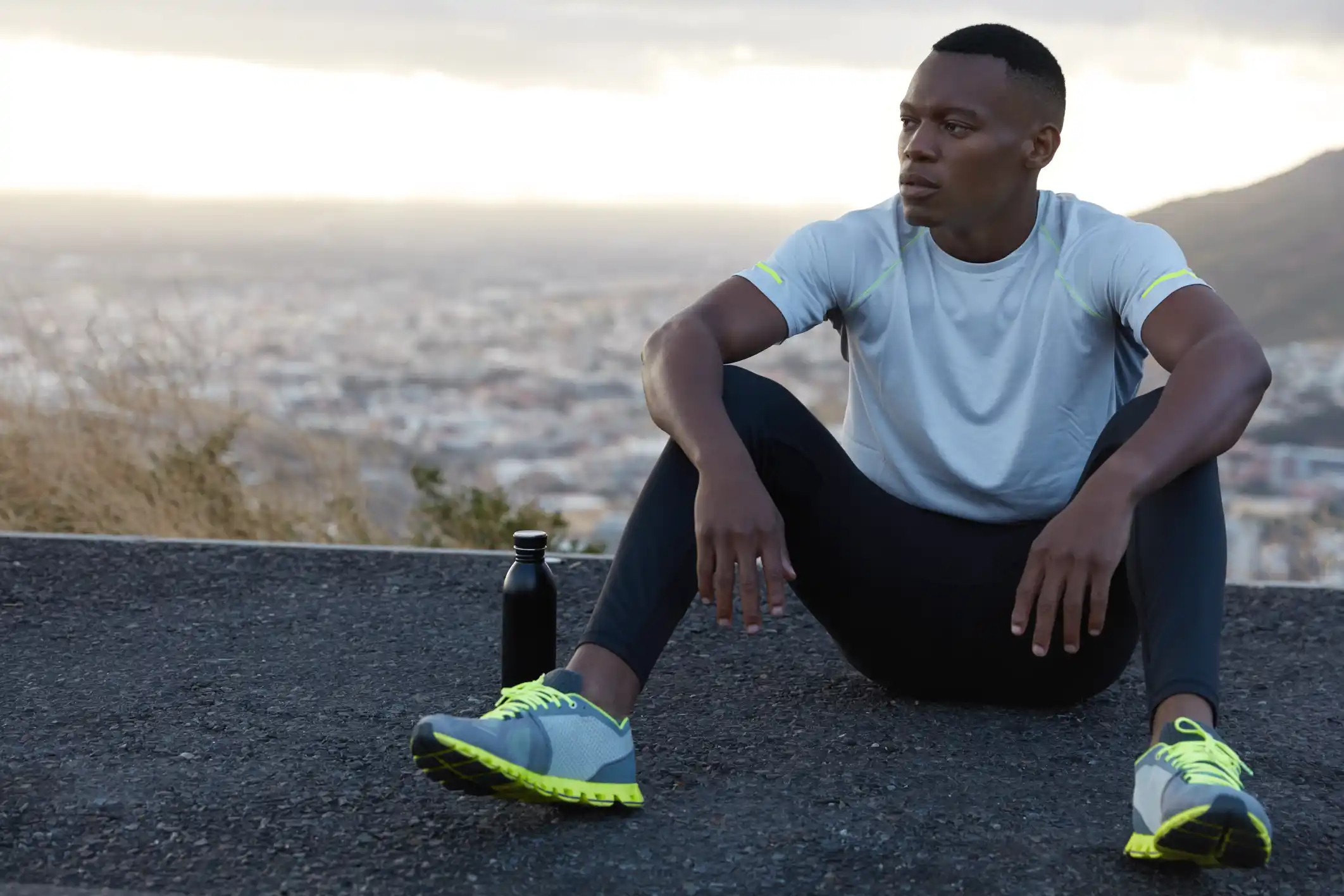Building Mental Toughness: Embracing the Duality of Competition
Competition in sports is more than physical—it’s an emotional and psychological journey. Athletes, from juniors to elite professionals, experience the highs of victory and the lows of defeat, shaping their careers and mental health. But what drives them? Is it a love for winning or a hate for losing?
The Mindsets: Love to Win vs. Hate to Lose
Athletes who love to win focus on joy, mastery, and growth, fostering resilience and long-term engagement. Conversely, those who hate to lose are driven by fear of failure, which can lead to anxiety, burnout, or impaired performance. Balancing these mindsets is key to optimal performance.
Coping with Loss: Mental Toughness and Hardiness
Mental toughness—confidence, focus, and emotional control—helps athletes recover from setbacks. Hardiness, a trait defined by commitment, control, and challenge, enables athletes to view losses as opportunities for growth. Examples like Coco Gauff and Jannik Sinner show how a growth-oriented mindset can sustain motivation and performance.
Developmental Stages: Handling Failure Across Ages
Athletes’ responses to losing evolve with age:
- Under 8: Emotional expression is normal; focus on fun and effort.
- Ages 9-12: Teach reflection and normalize losses.
- Ages 13-18: Support emotional regulation and goal-setting.
- Elite Athletes: Provide tailored mental skills training and stress management.
Practical Strategies for Coaches and Parents
- For Athletes: Foster a growth mindset, emotional awareness, and process-oriented goals. Teach coping skills like mindfulness and positive self-talk.
- For Coaches: Model positive reactions to loss, promote learning over results, and personalize feedback.
- For Parents: Highlight effort and fun, set realistic expectations, and foster open communication.
Striking the Balance
The duality of competition—loving to win and hating to lose—can fuel performance when balanced. Athletes who embrace both victory and defeat as stepping stones are best positioned to thrive in sports and life.
By fostering resilience, emotional regulation, and a growth mindset, coaches and parents can help athletes navigate the challenges of competition, turning setbacks into opportunities for growth.
Q1 Online Article – June 2025 Developed & Copyright to: Dr Celesti Jansen van Rensburg




